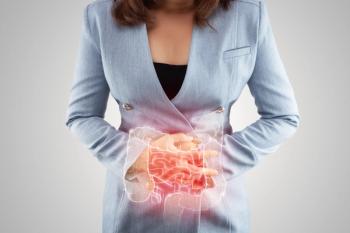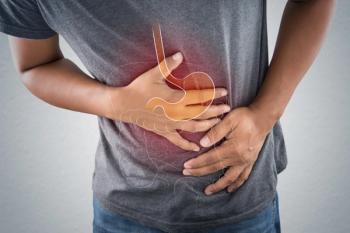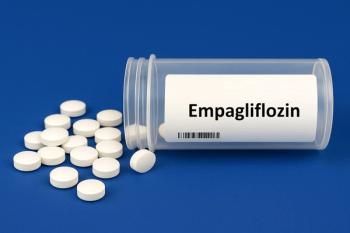
Budesonide Now Available for Once-Daily Treatment of Mild-to-Moderate Crohn Disease
The launch marks Ferring’s second treatment this month specified for Crohn disease.
Ferring Pharmaceuticals has announced the launch of budesonide (Ortikos) for treatment of mild-to-moderate Crohn disease in patients ages 8 years and older.
The first and only once-daily treatment for Crohn disease in the United States, budesonide is indicated for Crohn disease involving the ileum and/or the ascending colon in patients 8 years of age and older, as well as the maintenance of clinical remission in adults with Crohn disease involving the ileum and/or the ascending colon for up to 3 months.
Budesonide is an anti-inflammatory corticosteroid with a high glucocorticoid effect and a weak mineralocorticoid effect. According to Ferring, the affinity of budesonide to glucocorticoid receptors is approximately 200-fold that of cortisol and 15-fold that of prednisolone.
Crohn disease, an inflammatory bowel disease (IBD) in which patients experience chronic inflammation of the gastrointestinal (GI) tract, most commonly involves the ileum and proximal colon. An estimated 800,000 Americans are affected by the disease, with rates highest in adults between the ages of 20 and 30.
Clinical studies have determined the safety and efficacy of budesonide, in which patients experienced less frequent glucocorticosteroid (GCS)-related adverse effects during the 8-week trial period than with prednisolone.
A budesonide prescription is now available in 6- and 9-mg doses, and health care providers can contact their local pharmacies to confirm the availability of the medication.
The most common adverse reactions from budesonide in adults are headache, respiratory infection, nausea, back pain, dyspepsia, dizziness, abdominal pain, flatulence, vomiting, fatigue, and pain.
“Patients with Crohn’s disease are seeking not only safe and efficacious treatments that can provide incremental improvement, but also convenient options when managing this chronic condition,” said Dr Miguel Regueiro from the Cleveland Clinic. “The availability of Ortikos addresses the needs of patients, helping to treat and maintain clinical remission with 1 pill per day.”
Reference:
- ORTIKOS (budesonide), the First and Only Once-Daily Dose for Treatment of Mild to Moderate Crohn’s Disease, Now Available in the U.S. News Release. Ferring Pharmaceuticals; July 29, 2020. Accessed July 29, 2020.
https://www.ferringusa.com/press/ortikos-budesonide-the-first-and-only-once-daily-dose-for-treatment-of-mild-to-moderate-crohns-disease-now-available-in-the-u-s/ .
Newsletter
Pharmacy practice is always changing. Stay ahead of the curve with the Drug Topics newsletter and get the latest drug information, industry trends, and patient care tips.























